Writing a Position Paper
Writing a well-researched and substantive position paper is the best way to prepare for any Model United Nations conference. Through the position paper, your delegation will express its ideas and policies by defining your nation-state’s perspective on the issues at hand. Moreover, it is the means by which you bring all of your research together in a logical and succinct form.
organIZation & overall
Researching and writing a position paper go hand-in-hand. While researching will give you an extensive amount of information, it is through the position paper that you will clearly communicate your country’s policy and your ideas for solution-building. The goal of your position paper should be to condense all the information you have gathered through research into a succinct and informative form.
In the end, it should come to between 3 pages per topic. What you should aim for, however, is quality, not quantity. If you're struggling to achieve the 3-page maximum, this is a sign that you should do more research. Overall, your position paper should exhibit the following:
Comprehensive understanding of the situation
An organized structure
Original thinking that aligns with the policy of the represented state
An attitude of seriousness to the issues in question
The position paper, ultimately, is your opportunity to develop a deep understanding of the issues presented in the committee, and thus will go a long way in preparing you for direct interaction and debate with other delegates.
Grammar
Proper grammar is incredibly important in establishing the legitimacy of your position paper, and accounts for an over 10% of your position paper grade. As is outlined in the position paper guidelines, "additional consideration will be made to assess the overall quality of the submission, whether in the areas of comprehension such as grammar and flow of writing, or the delegate’s clarity of ideas and robustness of explanation."
Online tools like Grammarly actively check your writing for both spelling and grammar errors and can improve your flow significantly. Peer editing can also be useful for improving the flow and command of your paper. Those with little exposure to your paper are more likely to identify grammar and spelling errors that you have become accustomed to rereading your paper repeatedly.
Citations
Your bibliography and in-text citations should follow the standard MLA format for citations. Please remember to cite all external sources of information you use, not just for quotes but also for statistics, maps, and even past solutions and resolutions. Your bibliography will not count into the length of your position paper.
In-text citations should follow the format of (Author, Year: Page Number), i.e. (Author, 2016: 10-14). Where an author is not available, you may use a shortened phrase from the title, i.e. (“Syria: The Story of the Conflict”).
In the actual bibliography, where applicable the format should be: Last Name, First Name. (Year) Title. Publisher, Page Number.
Example:
March, J. and J. Olsen (1984) “The New Institutionalism: Organizational Factors in
Political Life”, American Political Science Review 78: 734-49.
Likewise, if it is an article and there is no author available, you may proceed as follows: Title, Publisher/ News Outlet, Date, Website Link.
Example:
“Syria: The Story of the Conflict.” BBC News. 11 March 2016. http://www.bbc.com/news/world-middle-east-26116868
For more information on how to use in-text MLA citations, visit Purdue OWL.
